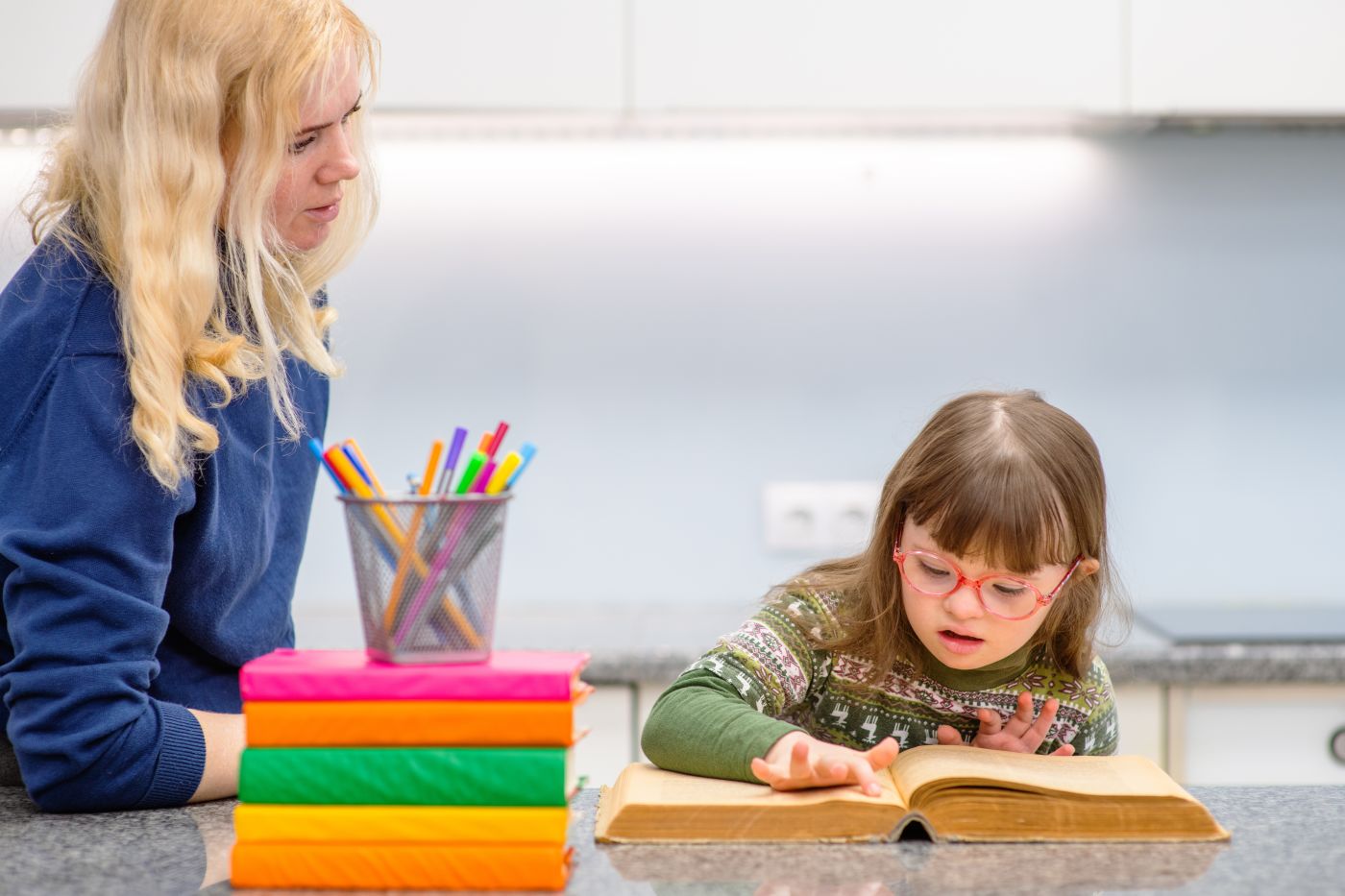New York parents have many choices regarding where to send their children to school. In addition to traditional public schools, through the state’s school choice system, they can receive vouchers to send their child to a public magnet school, charter school or private school.
If a parent chooses to have their child educated at a facility other than a traditional public school, and their child has a disability, can the child still receive services under the Individuals with Disabilities Education Act (IDEA)?
Can My Disabled Child Get Services if They Attend a Private School?
Disabled children who are pupils at private nonprofit schools, including state-funded voucher schools, are considered parentally-placed private school children. Thus, they are covered by IDEA and are eligible for equitable services in an Individualized Education Program (IEP).
Equitable services are special education services provided to a disabled child who is a pupil of a parentally-placed private school covered by IDEA. These children have the right to participate in IDEA Part B funded services, but these services may be fewer than what a child who attends public school would receive. Equitable services can be provided either at the child’s school or the child can be transported to a service site.
However, disabled children who are pupils at private for-profit schools are not eligible for equitable services under IDEA. IDEA only applies to students at public schools and parentally-placed students at nonprofit private schools or homeschool. For-profit private schools may choose to provide services to disabled pupils on their own, but it is not required.
So, not only does the distinction between public and private school matter, but the distinction between a nonprofit school and a for-profit school also matters. Parents of disabled children will want to keep these differences in mind when choosing a school for their child.


